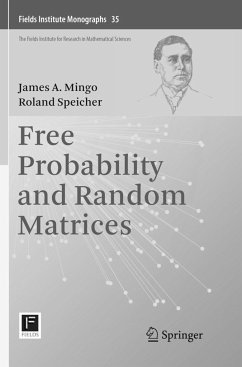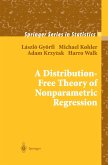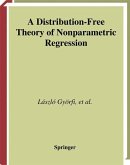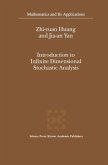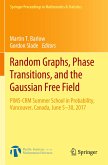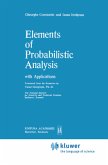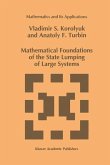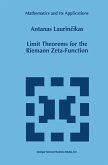This volume opens the world of free probability to a wide variety of readers. From its roots in the theory of operator algebras, free probability has intertwined with non-crossing partitions, random matrices, applications in wireless communications, representation theory of large groups, quantum groups, the invariant subspace problem, large deviations, subfactors, and beyond. This book puts a special emphasis on the relation of free probability to random matrices, but also touches upon the operator algebraic, combinatorial, and analytic aspects of the theory.
The book serves as a combination textbook/research monograph, with self-contained chapters, exercises scattered throughout the text, and coverage of important ongoing progress of the theory. It will appeal to graduate students and all mathematicians interested in random matrices and free probability from the point of view of operator algebras, combinatorics, analytic functions, or applications in engineering and statistical physics.
The book serves as a combination textbook/research monograph, with self-contained chapters, exercises scattered throughout the text, and coverage of important ongoing progress of the theory. It will appeal to graduate students and all mathematicians interested in random matrices and free probability from the point of view of operator algebras, combinatorics, analytic functions, or applications in engineering and statistical physics.
"This book is an excellent survey, respectively introduction, into recent developments in free probability theory and its applications to random matrices. The authors superbly guide the reader through a number of important examples and present a carefully selected list of 207 relevant publications." (Ludwig Paditz, zbMATH 1387.60005, 2018)

